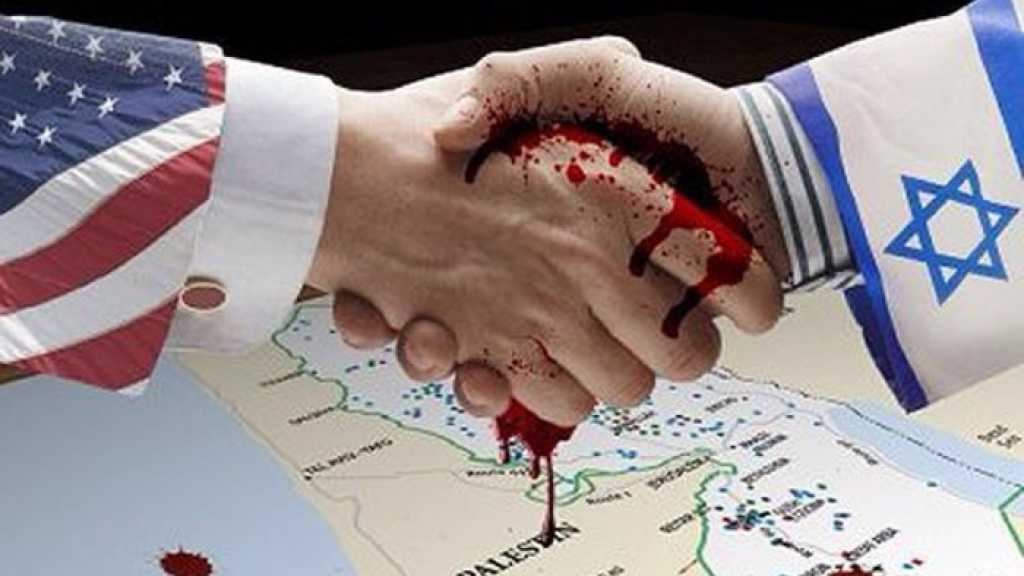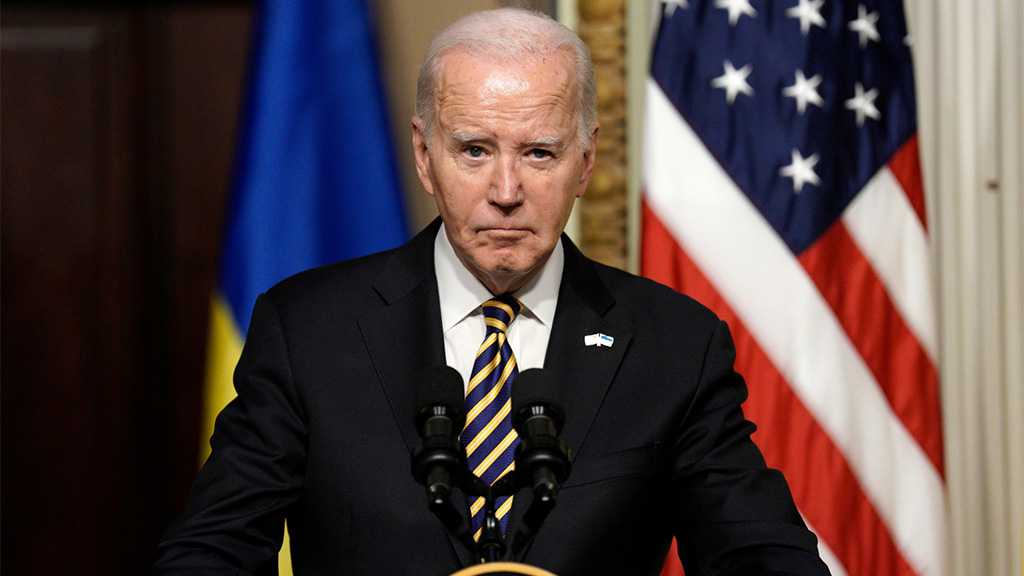
Top US Commander Steps Down

Source: Alalam TV, 12-03-2008
WASHINGTON--The top US commander for the Iraq and Afghanistan wars has said that he would quit after a magazine reported he was pushing President George W. Bush to avoid war with Iran.
Adm. William "Fox" Fallon, head of the US Central Command headquarters responsible for the Middle East, insisted Tuesday rifts with the Bush administration over Iran had forced him to mull resignation.
Defense Secretary Robert Gates dismissed suggestions that Fallon's departure made war with Iran more likely.
"The notion that this decision portends anything in terms of a change in Iran policy is ... ridiculous," Gates said.
"Admiral Fallon reached this difficult decision entirely on his own," Gates said at the Pentagon.
"I believe it was the right thing to do, even though I do not believe there are, in fact, significant differences between his views and administration policy," he added.
Titled "The Man Between War And Peace", the Esquire article that led to his resignation described him as challenging the White House and urging restraint on Iran.
Fallon cooperated with the author during the article's preparation but strongly criticized the story after it appeared, describing it as "poison pen stuff."
Gates said he did not think it was that article alone that prompted Fallon to quit. Rather, Gates thought it was "a cumulative kind of thing" that he and Fallon had failed to put "behind us."
It is highly unusual for a senior commander to resign in wartime.
Fallon took the post on March 16, 2007, succeeding Army Gen. John Abizaid, who retired after nearly four years in the job. Fallon was part of a new team of senior officials, including Gates, chosen by Bush to implement a revised Iraq war policy.
Fallon's departure, effective March 31, is unlikely to have an immediate effect on conducting the wars in Iraq or Afghanistan.
His top deputy at Central Command, Army Lt. Gen. Martin Dempsey, will take his place until a permanent successor is nominated by the president and confirmed by the Senate.
Gen. David Petraeus, who runs the Iraq war from Baghdad but is technically subordinate to Fallon, was known to have differences with Fallon over the timing and pace of drawing down US troops from Iraq. Fallon has favored a faster pullback.
Petraeus might be considered a candidate to succeed Fallon, although Gates said recently that Bush had made it clear to him that he wanted to keep Petraeus in Iraq until late this year.
Petraeus is likely to get a second four-star assignment, and some believe it might be as the top US commander in Europe.
Some Democrats in Congress, including Senate Majority Leader Harry Reid of Nevada, seized on Fallon's resignation to assert that it reflected an effort by the Bush administration to stifle dissenting opinion.
Fallon's headquarters in Tampa, Florida, oversees US operations in 27 countries, including Iraq and Afghanistan.
The first Navy officer to serve as Central Command chief, Fallon has been in the post for just under a year.
He will leave his post and retire at the end of the month.
Fallon is known as a tough, plain-speaking commander.
He pursued relations with China when he headed US Pacific Command.
WASHINGTON--The top US commander for the Iraq and Afghanistan wars has said that he would quit after a magazine reported he was pushing President George W. Bush to avoid war with Iran.
Adm. William "Fox" Fallon, head of the US Central Command headquarters responsible for the Middle East, insisted Tuesday rifts with the Bush administration over Iran had forced him to mull resignation.
Defense Secretary Robert Gates dismissed suggestions that Fallon's departure made war with Iran more likely.
"The notion that this decision portends anything in terms of a change in Iran policy is ... ridiculous," Gates said.
"Admiral Fallon reached this difficult decision entirely on his own," Gates said at the Pentagon.
"I believe it was the right thing to do, even though I do not believe there are, in fact, significant differences between his views and administration policy," he added.
Titled "The Man Between War And Peace", the Esquire article that led to his resignation described him as challenging the White House and urging restraint on Iran.
Fallon cooperated with the author during the article's preparation but strongly criticized the story after it appeared, describing it as "poison pen stuff."
Gates said he did not think it was that article alone that prompted Fallon to quit. Rather, Gates thought it was "a cumulative kind of thing" that he and Fallon had failed to put "behind us."
It is highly unusual for a senior commander to resign in wartime.
Fallon took the post on March 16, 2007, succeeding Army Gen. John Abizaid, who retired after nearly four years in the job. Fallon was part of a new team of senior officials, including Gates, chosen by Bush to implement a revised Iraq war policy.
Fallon's departure, effective March 31, is unlikely to have an immediate effect on conducting the wars in Iraq or Afghanistan.
His top deputy at Central Command, Army Lt. Gen. Martin Dempsey, will take his place until a permanent successor is nominated by the president and confirmed by the Senate.
Gen. David Petraeus, who runs the Iraq war from Baghdad but is technically subordinate to Fallon, was known to have differences with Fallon over the timing and pace of drawing down US troops from Iraq. Fallon has favored a faster pullback.
Petraeus might be considered a candidate to succeed Fallon, although Gates said recently that Bush had made it clear to him that he wanted to keep Petraeus in Iraq until late this year.
Petraeus is likely to get a second four-star assignment, and some believe it might be as the top US commander in Europe.
Some Democrats in Congress, including Senate Majority Leader Harry Reid of Nevada, seized on Fallon's resignation to assert that it reflected an effort by the Bush administration to stifle dissenting opinion.
Fallon's headquarters in Tampa, Florida, oversees US operations in 27 countries, including Iraq and Afghanistan.
The first Navy officer to serve as Central Command chief, Fallon has been in the post for just under a year.
He will leave his post and retire at the end of the month.
Fallon is known as a tough, plain-speaking commander.
He pursued relations with China when he headed US Pacific Command.
- Related News



